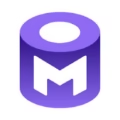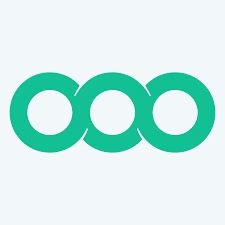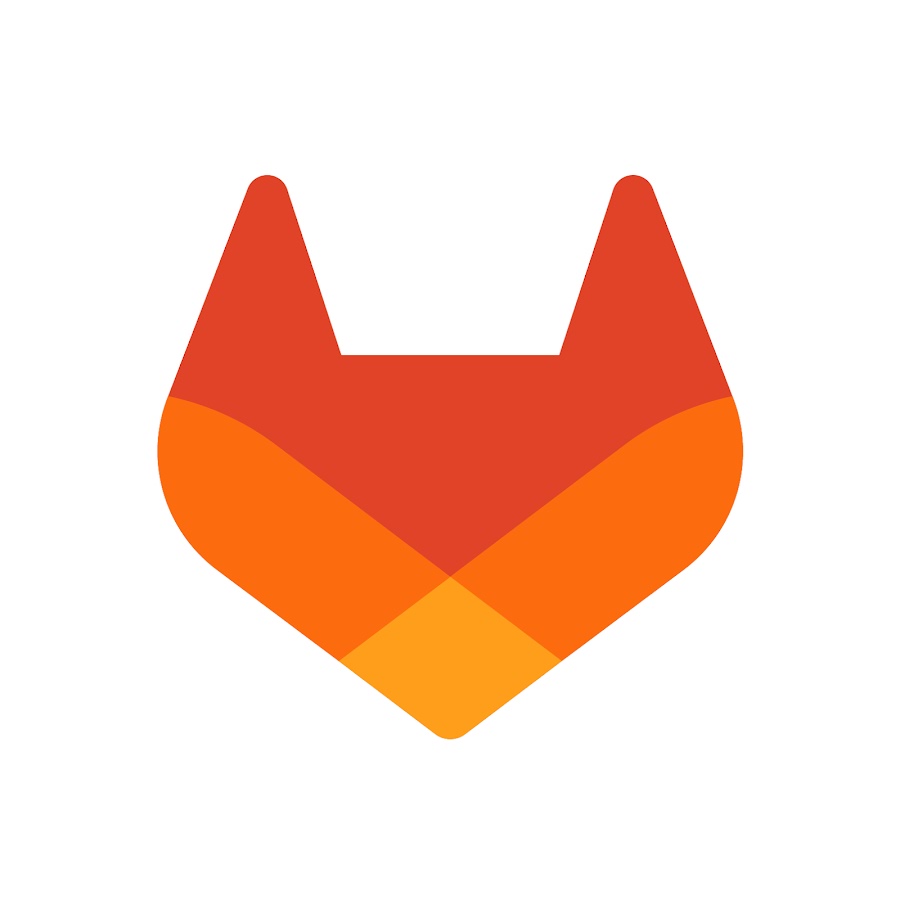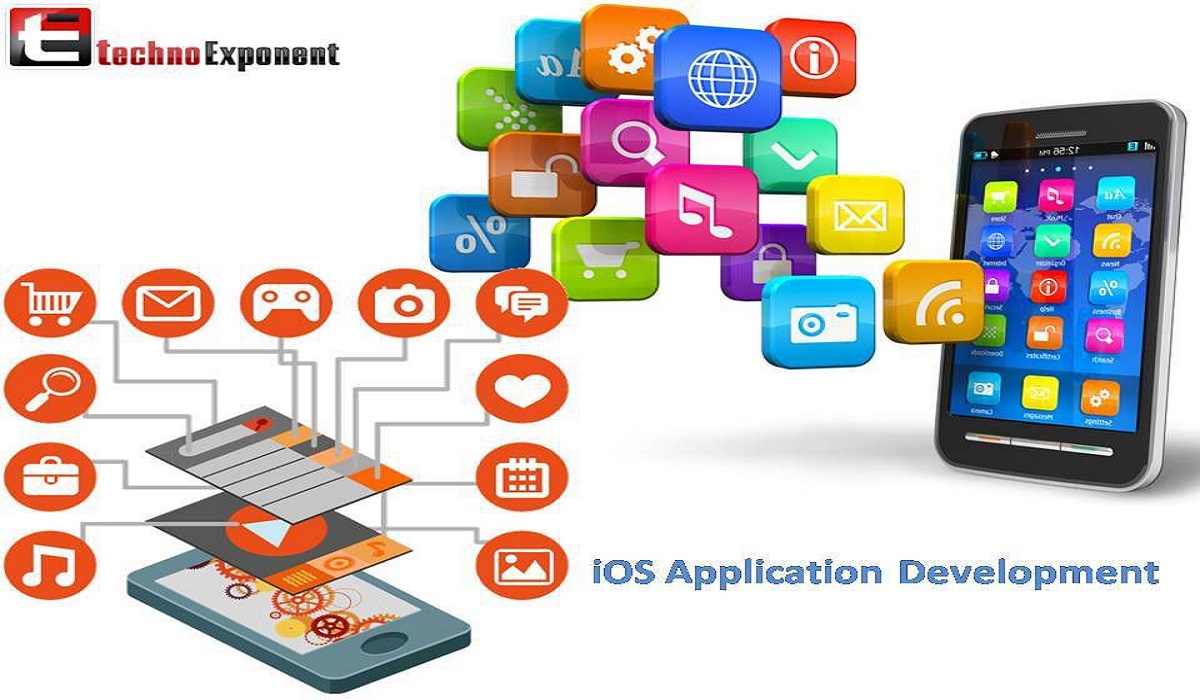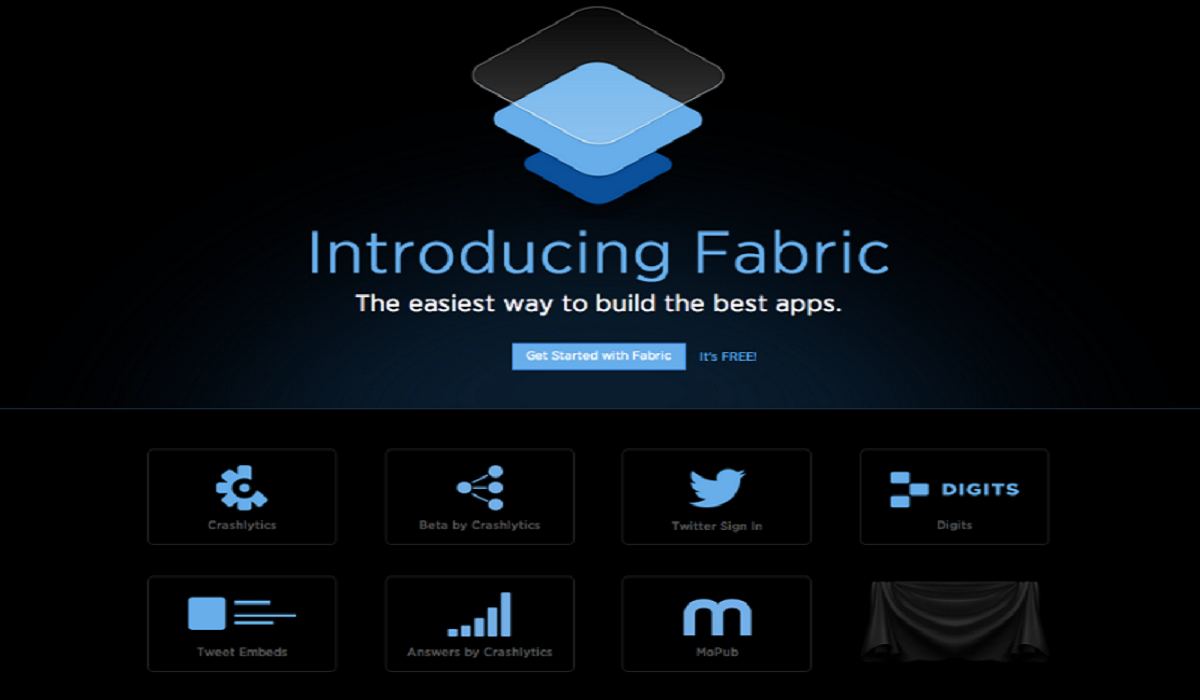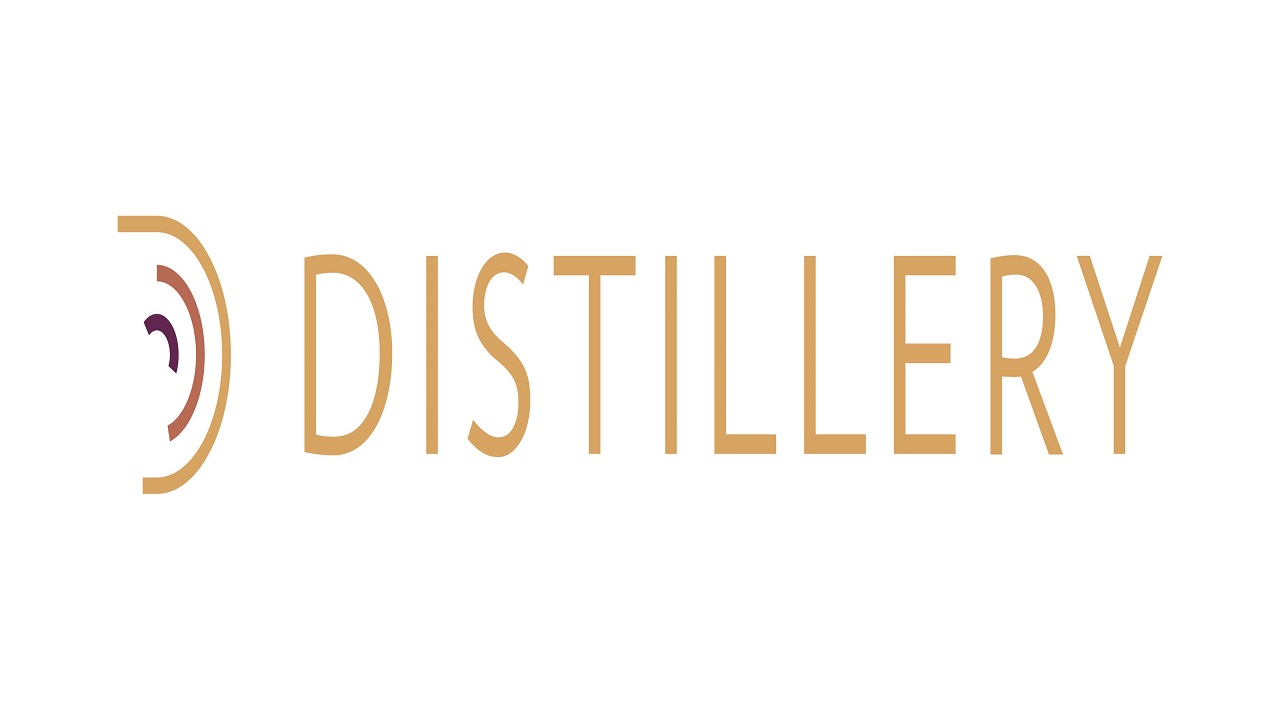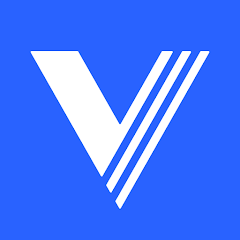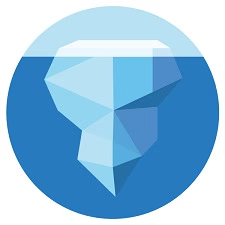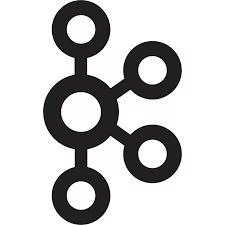OpenMetadata is specifically designed to build and manage large data assets at scale. It is a fast-growing open-source platform driven by an active community.
This platform improves productivity and collaboration around data. OpenMetadata manages high-quality data and AI assets. Additionally, this platform focuses on data discovery instead of infrastructure. The other innovative feature is the ingestion framework that supports different data services.
Additionally, it supports different operating systems, allowing users to get started easily. With its top-notch interface, one can easily browse and gather information. It also provides blogs and case studies, which help users to explore with a better experience.
So, if you are exploring more alternatives to OpenMetadata, which offers various data discovery features. We have compiled a list of options based on demand, allowing users to explore with a stable connection to the internet.
There are up to 17 OpenMetadata Alternatives. It has features like Ai, Data and Management. The best alternative to OpenMetadata is VMOS, which is Paid. The other best apps like OpenMetadata are Fuseopen, Fabric, and Qt.
Pricing
OpenMetadata Information
17 Best OpenMetadata Alternatives
Filter Alternatives
1Semgrep
Semgrep is an online static application tool designed for security testing. Users can use this tool to integrate CI/CD pipelines and also for scanning code. With its AI capabilities, users can find bugs easily. It also searches codes, enforces a secure environment. This tool is specifically used for modern languages.
2GitLab
GitLab is an AI-powered DevSecOps platform that streamlines software development, security, and operations. Initially developed by Ukrainian and Dutch programmers, GitLab now supports millions of users worldwide. The platform promotes digital transformation, enabling faster and more efficient software delivery for businesses of all sizes.
Advertisement
3Sencha
Sencha is a versatile software that allows developers to create and deploy web and mobile applications with ease. Although its installation process can be lengthy due to its complexity, Sencha provides a robust interface with tools that support project management and app development.
4Armory
Armory is a 3D game engine that integrates seamlessly with Blender, creating a unified workflow for game development. This integration eliminates the need for developers to switch between applications, enabling a faster and more streamlined development process from start to finish.
Advertisement
5Corona SDK
Solar2D, previously known as Corona SDK, is a software solution designed for developers building mobile applications of various types and sizes. With its extensive library, users can easily create apps, including tools for math operations and network sharing across devices.
6Adobe AIR
Adobe AIR is a powerful runtime environment that allows developers to package Rich Internet Applications (RIAs) for deployment across multiple platforms, including Windows, macOS, iOS, and Android. It operates independently of web browsers, providing enhanced access to local storage while avoiding some of the limitations imposed by browser-based environments.
Advertisement
7Xamarin
Xamarin is a platform that enables developers to build applications using C# for multiple mobile operating systems, including Android, iOS, and Windows. Xamarin allows users to share a significant portion of their code across different platforms, reducing the need to rewrite applications from scratch for each system.
8Exponent
Exponent is a development platform designed to boost React Native developers' capabilities by allowing them to create and test iOS applications without needing Xcode or a Mac. Through the use of Appetize.io simulators, developers can test their apps in a browser, making the development process more accessible and efficient.
9AppsGeyser
AppsGeyser is an app-building platform that requires no coding skills. It provides various tools and templates for developing, monetizing, and distributing applications. The platform offers straightforward tutorials, guiding users through the development and promotion of their apps in just a few steps.
10Fabric
Fabric is a modular development platform that simplifies the creation of advanced applications. The platform addresses challenges such as distribution, stability, revenue, and user identity. By integrating services like MoPub and Crashlytics, Fabric helps developers create secure and reliable apps more efficiently.
11Qt
Qt is a robust framework that provides developers with tools to create cross-platform applications and graphical user interfaces (GUIs). Its integrated development environment (IDE) supports on-device debugging, remote compilers, and device toolchains, offering a comprehensive suite for building and deploying applications.
12Fuseopen
Fuseopen is a cross-platform development tool similar to NativeScript and React Native. It differentiates itself with a real-time collaboration feature for designers and developers. Using UX Markup, a language based on XML, developers can create interactive UI components with customizable behaviors.
13Appy Pie
Appy Pie is an app-building platform that enables users to create Android and iOS applications without any coding knowledge. It also allows for the publication of apps on iTunes and Google Play. In its beta phase, Appy Pie facilitated the development of hundreds of mobile applications within a single month.
14Distillery
Distillery is a comprehensive outsourcing solution for mid-sized businesses and enterprises. Its expert team specializes in the design, development, and delivery of cutting-edge technology solutions. Distillery helps companies innovate by creating custom software that transforms business operations.
15Bitbucket
BitBucket is a cloud-based service that helps developers manage, store, and track changes to their code. It offers Git repository hosting with a user-friendly interface, making it accessible even for beginners who may not be familiar with Git's command-line tools.
16VMOS
VMOS is a virtual machine-based application that can run on any operating system, such as Linux or Android. It creates a virtual Android environment independent of the host system's network, enabling users to develop and test applications with full access to Google Play services.
17Github
GitHub makes it easy for developers to securely share and consume software packages, either within an organization or with the global community. GitHub Package Registry allows users to manage code and packages in one place, making it a widely trusted platform for developers, students, and companies worldwide.
